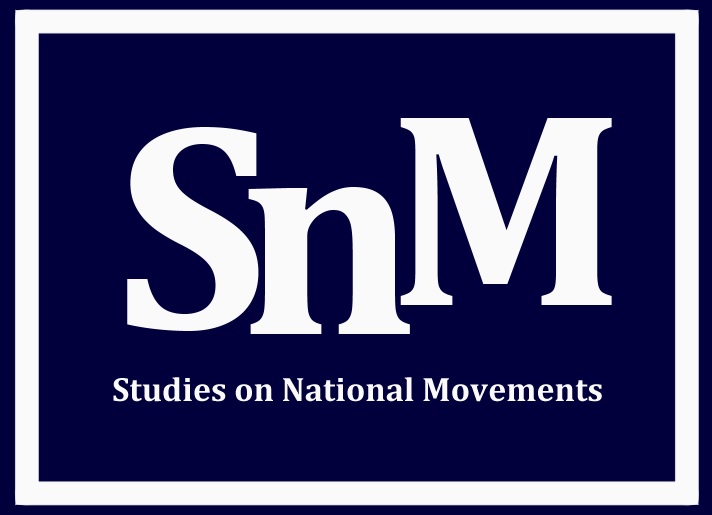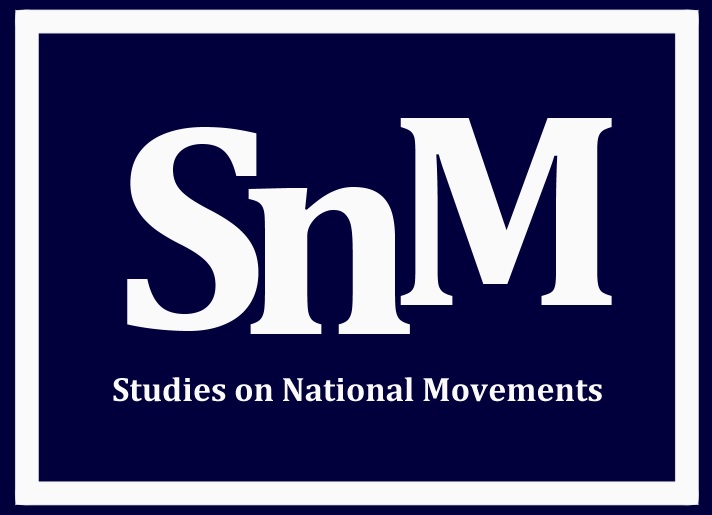Abstract
Research has often focused on Croatian memorialisation processes in specific places like Bleiburg and Jasenovac, controversial places during and after World War II. This article employs another view and elaborates on the destruction and removal, as well as the recent restoration of monuments and reconstruction of sacred architecture. It examines current memory processes in places once in the Republic of Serbian Krajina (1991-1995), from Vukovar to Knin. It stresses the different roles between state-organised and private commemorations in these historically multi-ethnic and -religious areas. The paper addresses problems like the demolition of monuments not fitting into the state narrative and analyses various historical processes that instigated the (re-)use of revisionist and mostly politically tolerated symbols and inscriptions on monuments and sacred architecture. With attention to the latter, it specifically deals with the reconstruction of a Catholic and Christian-Orthodox church in the Lika region. The research connects historical and anthropological approaches and contributes to the interdisciplinary field of memory studies.
Keywords: Croatia, Croatian War of Independence, Nationalism, Memory, Monuments
How to Cite:
Piasek, M., (2022) “Nationalising Scorched Earth - Memory and Destruction of Monuments from Vukovar to Knin”, Studies on National Movements 9(1), 30. doi: https://doi.org/10.21825/snm.85273
Downloads:
Download PDF
View PDF
1046 Views
134 Downloads

